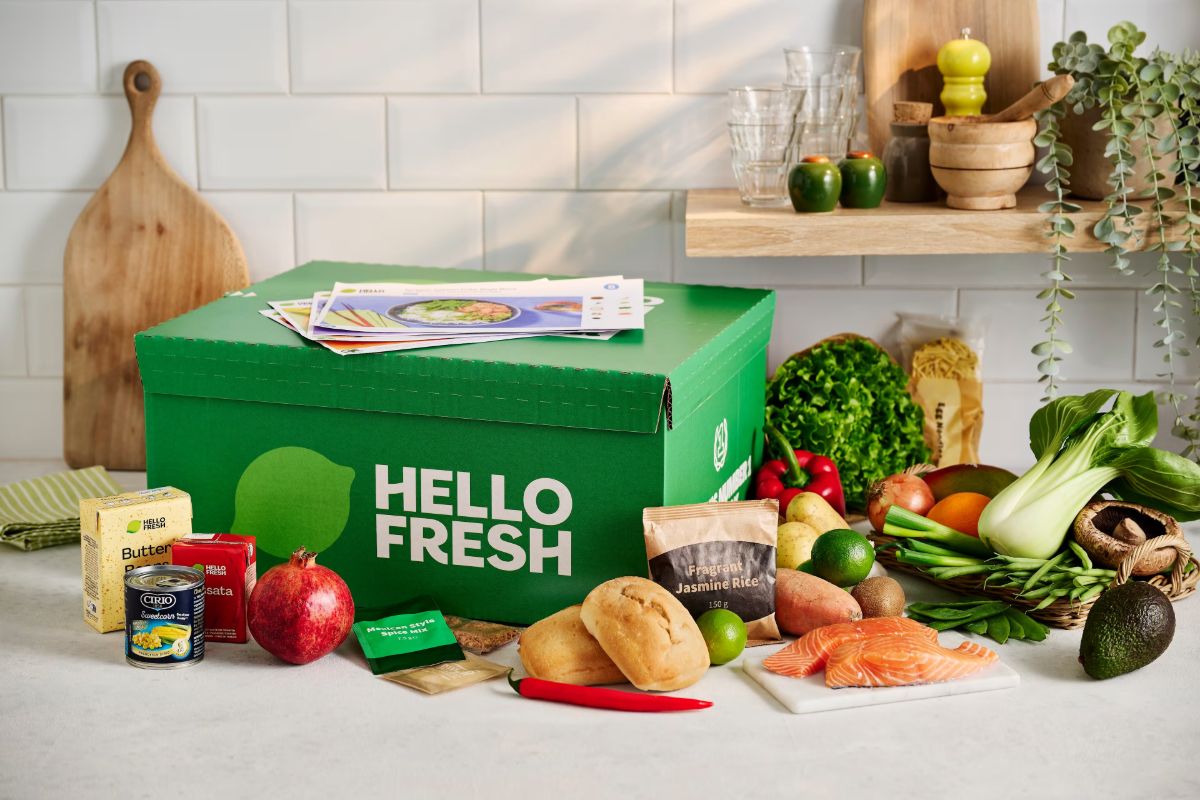Valentine’s Day 2021 ushered in a new early online peak for retailers, with websites seeing a 28% rise in sales in the first week of February and a 23% rise the following week as consumers got in early to buy gifts.
According to data from Wunderkind’s Marketing Pulse, Online conversion rates also improved during the same period, up +19% week-on-week during w/c 01.02, before dipping back down to +14% by mid-February (w/c 15.02). Email performance was also bolstered, with revenues generated via this channel up 5% on the January average in the first week of January (w/c 01.02).
Sales of letterbox flowers saw an early surge in eCommerce orders – online florist, Bloom & Wild, sold over four times as many bouquets in early February compared to 2020, prompting its CEO, Aron Gelbrard, to say it had seen “strong demand with customers purchasing earlier than usual”. Meanwhile, Shoreditch-based lingerie firm, Bluebella, said eCommerce sales made on the first two days of February outstripped last year’s performance by +119%. And, with hospitality closed, demand for ‘meal kits’ and cocktail deliveries also surged, as consumers sought to recreate their favourite restaurant meals; research consultancy CGA’s data showed 70% planned to recreate the dining out experiences at home*.
Wulfric Light-Wilkinson, GM EMEA at Wunderkind, comments: “Since the start of the pandemic, demand for eCommerce has been on the up and up. And this trend shows no sign of abating in 2021, especially when you add in key retail trading events, like Valentine’s Day, into the mix. We’re now seeing a sustained demand for digital, both from new cohorts of online shoppers and digital-natives, and this is accelerating emerging consumer demands when it comes to online buying experiences.
He concludes: “This means the consumer is now becoming the disruptor, and their new expectations around what makes a good shopping experience are once again redefining retail. Keeping up relies on retailers being able to better understand their shoppers, at an individual level, to create the highly targeted engagement strategies that keep consumers connected to the brand, and drive loyalty and brand advocacy.”
No going back
The move to online seen across the run up to Valentine’s Day is also a taste of things to come. England’s eagerly awaited non-essential stores’ reopening date of 12 April may come too late to stop a permanent change in the way UK consumers shop, says the home delivery expert ParcelHero.
It says UK shoppers spent an average £3,379 online last year, more than consumers in any other country.
ParcelHero’s Head of Consumer Research, David Jinks MILT, says: ‘The reopening of many stores in April can’t come too soon for High Street retailers. In fact, it may be too late already. UK shoppers now lead the world in the great migration to online.
ParcelHero’s latest global trade analysis found UK shoppers’ annual online spend of £3,379 eclipsed Denmark’s £3,056 averageand America’s £2,753 average.
“Both England and Scotland are set to reopen non-essential stores in April. That will be a huge test for the future of the UK’s High Streets. Will the spring weather lure people back to town centre shops or will newly acquired online shopping habits prove too hard to kick?” says Jinks.
Clearly, ecommerce has become vital not only for retailers, but the UK economy as a whole. The news online shoppers in the UK now spend the most comes as six of the country’s largest online retailers, including Asos, Boohoo and Ocado, have launched the UK Digital Business Association (UKDBA). Its aim is not only to give online retailers a voice and help drive the economic recovery, but also, crucially, to help store-based retailers develop their business online.
In January 2017, ParcelHero released a high-profile report: 2030: Death of the High Street. It concluded that, unless retailers developed an omnichannel approach embracing both online and physical store sales, 40% of all UK retail would move online by 2030. Covid has clearly accelerated this change. The latest Office for National Statistics figures reveal that January online sales had already reached 34.2% of the entire UK retail spend. With the UK average online spend leading the world, it looks as if we will reach that 40% figure even earlier than 2030.









